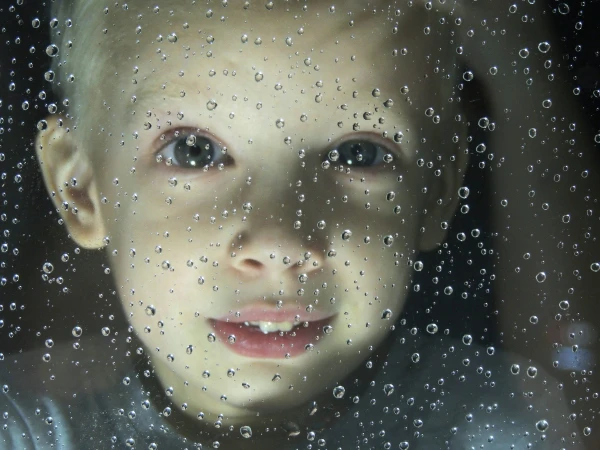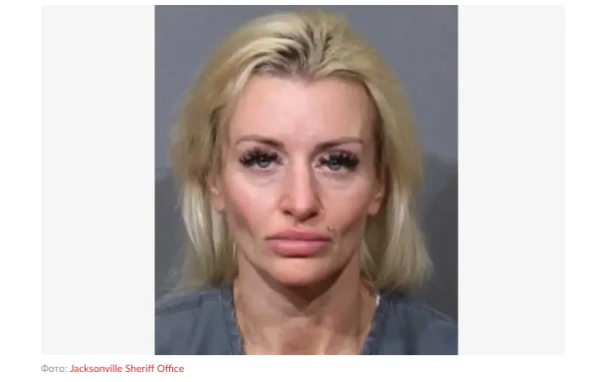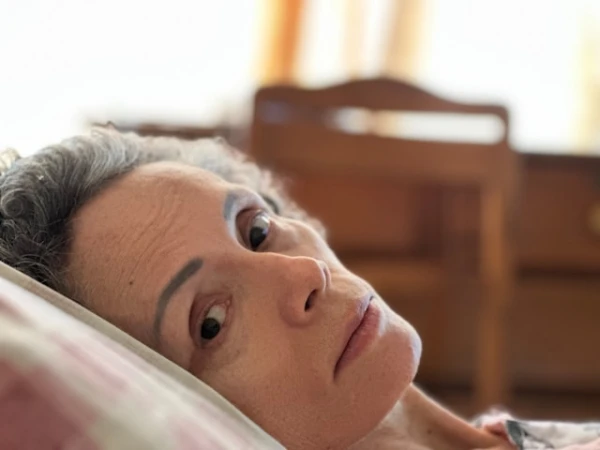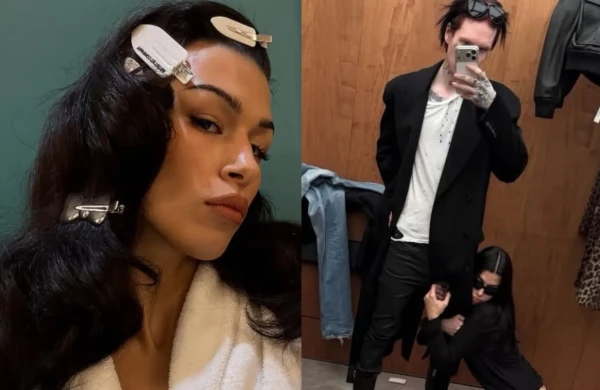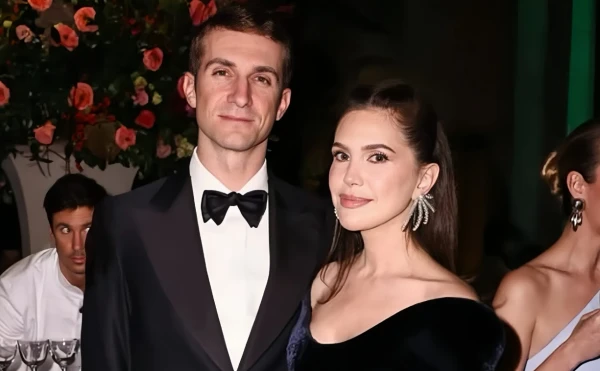
Director Zhora Kryzhovnikov and his wife Olga Dolmatovskaya seem to have succeeded, but there are nuances.
The passions surrounding the new Russian series "Moscow Does Not Believe in Tears. Everything is Just Beginning" flared up as soon as news broke about its production. Viewers prepared to unleash the club of public anger on the creators who dared to touch the legendary film nearly half a century old and the beloved sitcom of the 2000s. The premiere added fuel to the fire. Let’s not call these projects a "remake." But in connection with both, we will ask the question for the hundredth time: why are old stories being remade? To see their characters in the realities of modern times? Or is the reason a script shortage? Or perhaps it’s precisely the predictably generated hype that guarantees ratings?
There is nothing wrong with the existence of remakes. There are known cases where they became more successful than the originals. The iconic film "Some Like It Hot" was a remake of "Fanfare of Love," which came out a few years earlier. But such examples are few even in world cinema. What can we say about our own?
It’s not all that simple. The aforementioned preventive anger towards "Moscow..." primarily arose among older generations. After all, what Men’shov created is their emotional experience, a part of life, so to speak. But what about the zoomers? How understandable are the twists and texture of the old film to them? Of course, a film about women searching for happiness will always be relevant. But is the prospect of becoming a manager, wasting youth in meetings, appealing to today’s young women dreaming of a career as a blogger and expensive leisure? And does the image of the dream man as a top-level plumber, inclined towards traditional family values, not seem caricatured? Hence, perhaps, the temptation to rethink a time-tested plot.
Attempts have been made before. But something didn’t work out. Whether there were difficulties with rights or a lack of spirit. Most likely, no one could create a decent literary basis. But director Zhora Kryzhovnikov and his wife Olga Dolmatovskaya succeeded. They secured the rights to the script by Chernykh and brought the project to premiere.
The action of the new "Moscow" begins at the start of the 2000s, and the director couple generously fills the screen with signs of the time: a line of girls eager to get on "Star Factory," hamburgers for 15 rubles, and cameos from stylist Zverev and the redhead from "Ivanushki." Well, something like canned crabs, pyramidally arranged in a grocery store window, and Smoktunovsky on the steps of the House of Cinema. Perhaps this set will evoke nostalgic feelings in someone. However, it is fragmentary, seems deliberate, and certainly does not create the image of Moscow as it was during the nighttime strolls of Men’shov’s heroines.
The main characters are once again three provincial friends. There’s no point in analyzing their similarities and differences from the trio in the original. While criticizing the series, being favorably disposed towards it, and even attempting to analyze it, online users hardly mention the different models by which the heroines build their destinies. Yet this theme was central in Men’shov’s work. Perhaps here it is secondary? Or is it completely absent?
It’s time to give the floor to the viewers, since we started with them: "In films, it’s always important to understand whether the creators of the spectacle are trying to package something inedible in familiar wrappers from tasty candies."
Here’s another review: "The plot is very stretched. There are eight episodes! There’s no integrity. It’s not always clear what’s happening." But this is an incorrect opinion: after all, Kryzhovnikov is a master; he wouldn’t allow his project to fall apart completely. But integrity—albeit such—does not imply depth...
